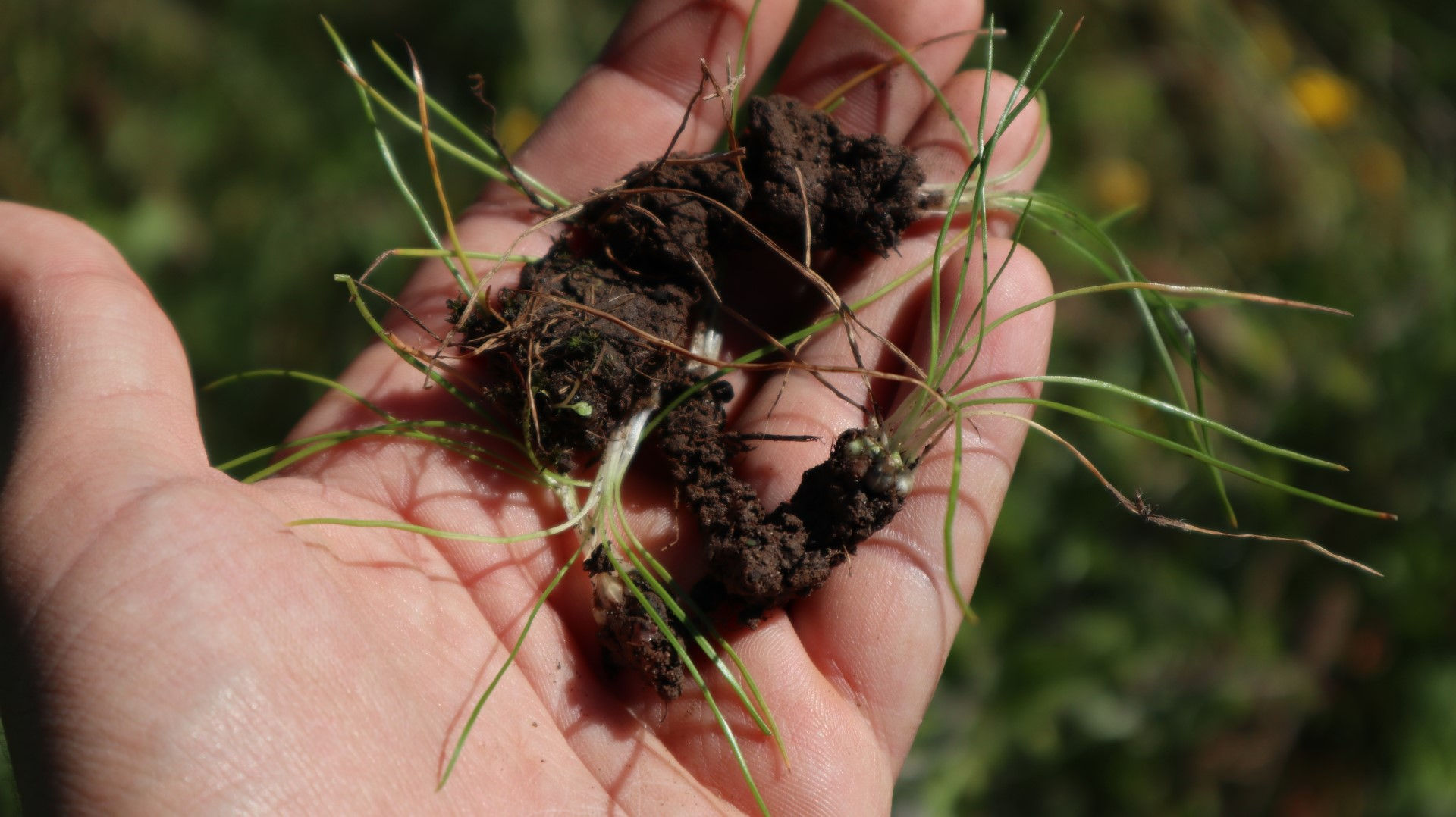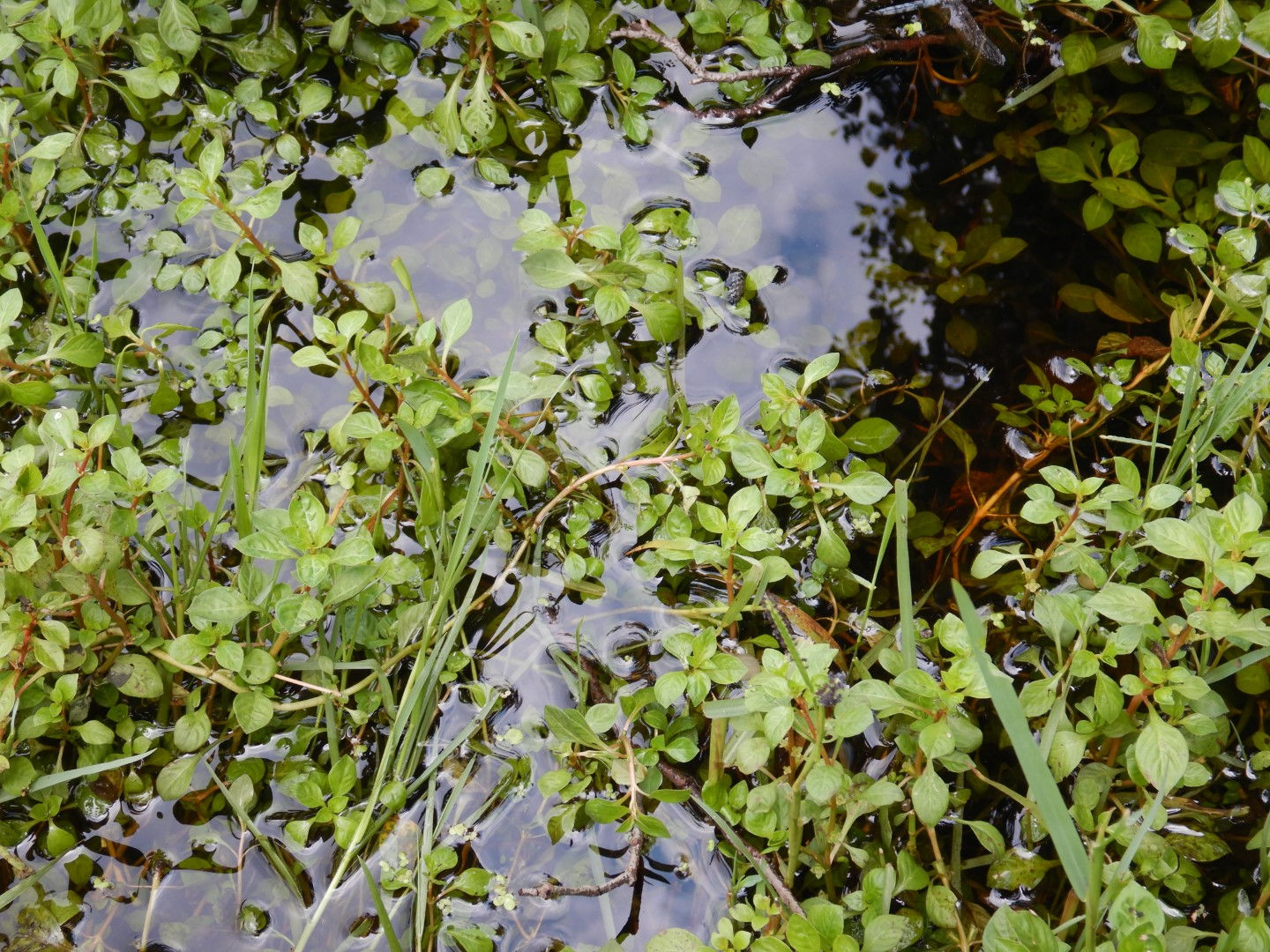ACTION C.6: Ex-situ onservation and propagation of keystone species of target habitats
This action includes the creation and operation of a seed bank for keystone plant species of the target habitats (temporary ponds, alluvial forests and arborescent matorral with Laurus nobilis) and the propagation of these species for habitat restoration. The Action starts in the first year of the project with the identification of the species (Action A6) and the collection of genetic material (seeds or ramets) for reproduction. Collection will take place in the appropriate season for each plant species and it will be repeated for at least 3-4 years (in some species the annual seed production is occasionally diminished or null). It will be carried out either manually, for most herbs and shrubs, or by telescopic scissors for tall or inaccessible individuals or, where possible and appropriate, by gasoline aspirators or lawnmowers. The genetic material will be appropriately treated and stored or cultivated according to International Standards. Seed cleaning, separation and sorting will be done manually at the seed bank of ARSIAL and IMFE, in Italy and Greece, respectively. Seeds of all species will be stored at the seed bank of the Botanical Garden of Rome and in the University of Forestry and Environment of Drama. Germination treatments for the production of seedlings, where necessary for dormant seeds, will be managed at the establishments of IMFE. Cultivation of plants to be used for restoration will be done at the establishments of the Forestry Services of Kavala and ARSIAL for Greece and Italy respectively.

A specimen of Isoetes spp. from Palo Laziale (Rome).
Ex-situ conservation of genetic material is a complement of in-situ conservation, necessary to provide long-term insurance against catastrophic events and to facilitate plant re-introduction or population enhancement when necessary. For instance, after the destructive fires of 2007 in Greece, the reforestation of Pinus nigra forests was extremely difficult due to the lack of available seedlings or seeds.
Beneficiary responsible for implementation:
HSPN
ARSIAL




